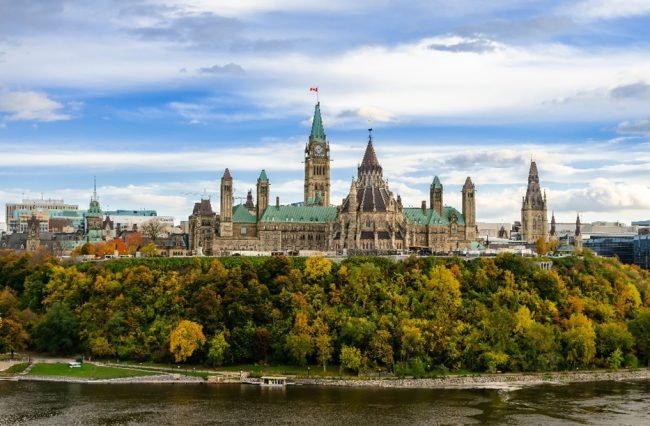Federalism and Climate Change: An Ever-Changing Approach to a Never-Changing Problem?
Author: Tamoghna Sengupta – Over the course of time, the issue of climate change has taken center stage as an alarming cause of earth’s deterioration. Climate change is a long-term shift or a global change in the earth’s climate pattern. Since the Industrial Revolution, anthropogenic activities have catalyzed the process of change within the climate. As a result of the increased impacts of climate change on ecosystems and extreme weather, governments have started taking initiatives in order to combat the growing challenges that humans consequently face for survival. The results of climate change are felt globally and require collective action by governments of all countries, irrespective of whether their governance structure is unitary or federal. Unfortunately, evidence suggests that some of the initiatives in federal countries have been ineffective, as the policies adopted have been insufficient in producing a solution that would tackle the issue at a larger scale. In order to understand some of the shortcomings, the article will delve into some of the challenges that federal governance systems face in combatting climate change and the actions that have been adapted as restorative measures.










